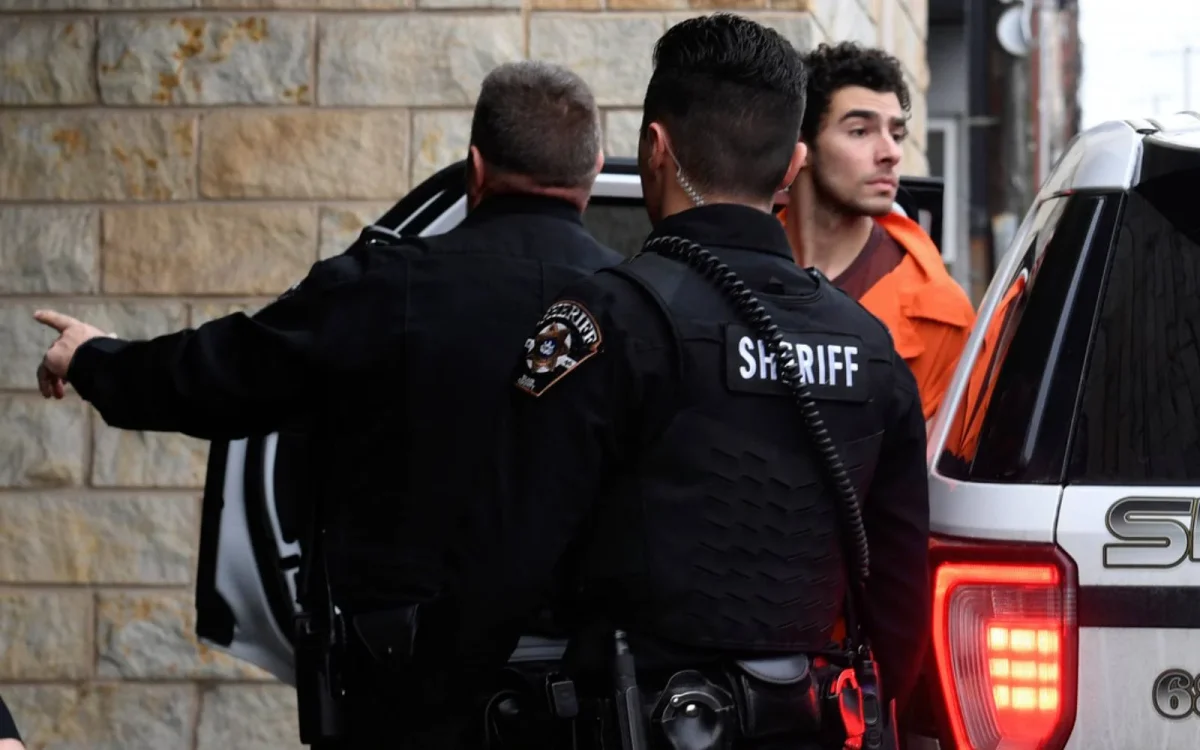According to Newsweek, a Lancet study states, “Medicare for all could prevent 68,000 deaths annually while saving $450 billion in healthcare costs.” While countless lives are lost to systemic healthcare failures, the murder of UnitedHealthcare CEO Brian Thompson sparked outrage, with media and elites focusing on his death rather than the lives claimed by the flawed system.
The U.S. healthcare system is failing its people, leading to thousands of unnecessary deaths each year because it prioritizes corporate profits over patient care. Despite spending more on healthcare than any other developed nation, the United States ranks last in outcomes, such as life expectancy and preventable deaths. Millions of Americans remain uninsured or underinsured, unable to access the care they need to survive. NBC News states, “The U.S. ranks as the worst performer among 10 developed nations in preventing deaths, access, and guaranteeing quality treatment.” These numbers expose the profound flaws of a system that values profit over human life.
NBC News continued saying, “No other country in the world expects patients and families to pay as much out of pocket for essential health care as they do in the U.S.” This inequity leaves millions of people struggling to navigate a system designed to profit from their suffering. Unlike other developed nations, the United States treats healthcare as a privilege tied to income and employment status. While countries with universal healthcare systems guarantee coverage for all citizens, the U.S. relies heavily on private insurance and out-of-pocket costs. This creates significant barriers for low-income families and marginalized communities.
A Harvard report notes that “(the U.S. healthcare system) is losing its soul, becoming more aggressively for-profit at the expense of patient needs.” In a country where families are expected to pay exorbitant costs for life-saving treatments, frustration is inevitable.
So, what do these staggering statistics and systemic failures lead to? In one extreme and tragic case, they culminated in the murder of UnitedHealthcare CEO Brian Thompson. On December 4, 2024, Luigi Mangione allegedly shot and killed Thompson, citing his anger at the healthcare industry in a manifesto recovered by police. Newsweek reveals his manifesto, “No the reality is, these [indecipherable] have simply gotten too powerful, and they continue to abuse our country for immense profit because the American public has allowed them to get away with it.”
His actions have sparked a polarizing public reaction, with some labeling him a “folk hero” and others condemning his actions as morally reprehensible. NewsNation reported, “…has turned Mangione into a ‘modern-day Robin Hood,’”
The outage over Thompson’s death reveals a hypocrisy: The same elites who mourn his loss remain largely indifferent to the countless preventable deaths caused by the healthcare system he represented. This selective empathy underscores how the system prioritizes the powerful while negating ordinary people.
While violence is never the answer, Mangione’s case highlights the anger and despair of ordinary Americans who feel abandoned by a system that profits from their pain. His actions may be indefensible, but the outrage over Thomposon’s death from elites who ignore the healthcare system’s countless victims exposes a glaring double standard.
Critics of universal healthcare argue that implementing a system like Medicare for All would be too costly. They warn of increased taxes for middle-class families and potential delays in care due to longer wait times. However, these arguments often overlook the current costs of the U.S. system, which are disproportionately borne by families facing financial ruin from medical bills.
Additionally, the idea that violence is never the solution has been used to dismiss Mangione’s case entirely. As Gregory Germain, a professor at Syracuse University, stated, “Most of us hate insurance companies and have had difficult experiences dealing with them, but that doesn’t mean we think people should be going around murdering insurance executives in the street.” While this is a valid point, it fails to address the systemic violence inherent in a healthcare system that allows preventable deaths to occur daily.
The question remains: Would we see cases like Mangione’s if the government reformed healthcare to ensure equitable access and prioritize human dignity over corporate greed? Until these systemic issues are addressed, the anger and despair felt by ordinary Americans will only continue to grow.






























